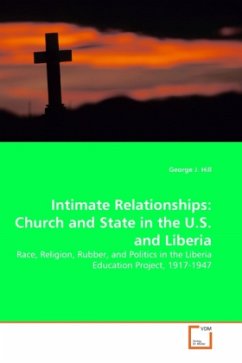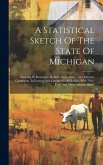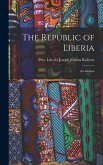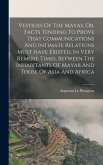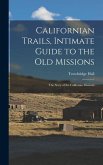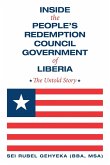This book traces the history of what the author calls the Liberia Education Project from the time it was first proposed in 1917 until it quietly ended in 1947. The project was highly confidential during its existence, because of issues involving national security, corporate security, and concerns about the propriety of cooperation between Church and State. At its height, the project involved seven organizations: the Methodist, Episcopal, and Lutheran churches; three of the so-called Colonization Societies; and a private charitable organization, the Phelps-Stokes Fund. The U.S. government and American businesses, especially the Firestone Rubber Company, also supported the Liberia Education Project. Protestant churches wanted to block the advance of Islam in West Africa; the Colonization Societies and the Phelps-Stokes Fund saw an opportunity for social uplift; the Firestones needed a docile, moderately well-educated workforce; and the U.S. government wanted a base of operations inWest Africa that could be self-supporting but friendly to U.S. interests. Leaders of the Liberian government and churches cooperated in this project because it advanced their own interests.
Bitte wählen Sie Ihr Anliegen aus.
Rechnungen
Retourenschein anfordern
Bestellstatus
Storno

